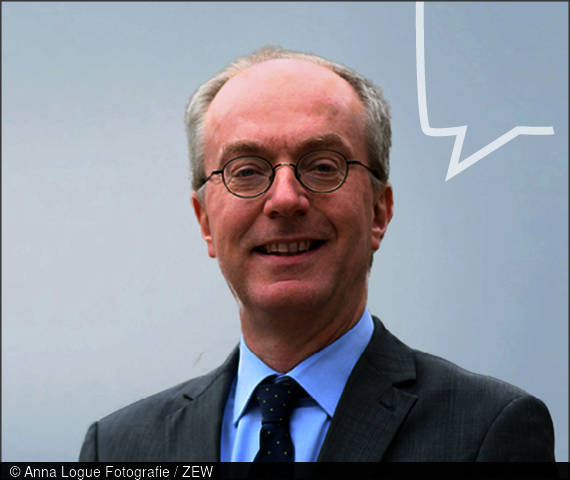Lagarde Would Most Likely Maintain the Highly Expansionary Policy
European IntegrationZEW Economist Friedrich Heinemann on the Upcoming Change in Presidency at the ECB
Christine Lagarde was nominated to become the new President of the European Central Bank (ECB). This was agreed by the heads of state and government of the European Union, as Council President Donald Tusk announced yesterday. Bundesbank president Jens Weidmann had also been repeatedly considered as Mario Draghi’s successor. Professor Friedrich Heinemann, head of the ZEW Research Department “Corporation Taxation and Public Finance”, comments on the upcoming change in presidency at the ECB.
“If Christine Lagarde takes over the ECB presidency in November instead of Jens Weidmann, this would make a clear difference to the future of monetary and fiscal policy in Europe. In her economic policy stance, Lagarde is strongly demand-oriented and has repeatedly called for Germany to increase public spending in order to reduce its current account surplus. Weidmann, by contrast, follows a more supply-orientated approach and calls above all for structural reforms.
As chairwoman of the International Monetary Fund (IMF), Lagarde has always supported the expansionary monetary policy of the central banks and, as a monetary policy dove, would most likely maintain Mario Draghi’s expansionary monetary policy. Weidmann, on the other hand, would most likely call this monetary policy course into question.”

